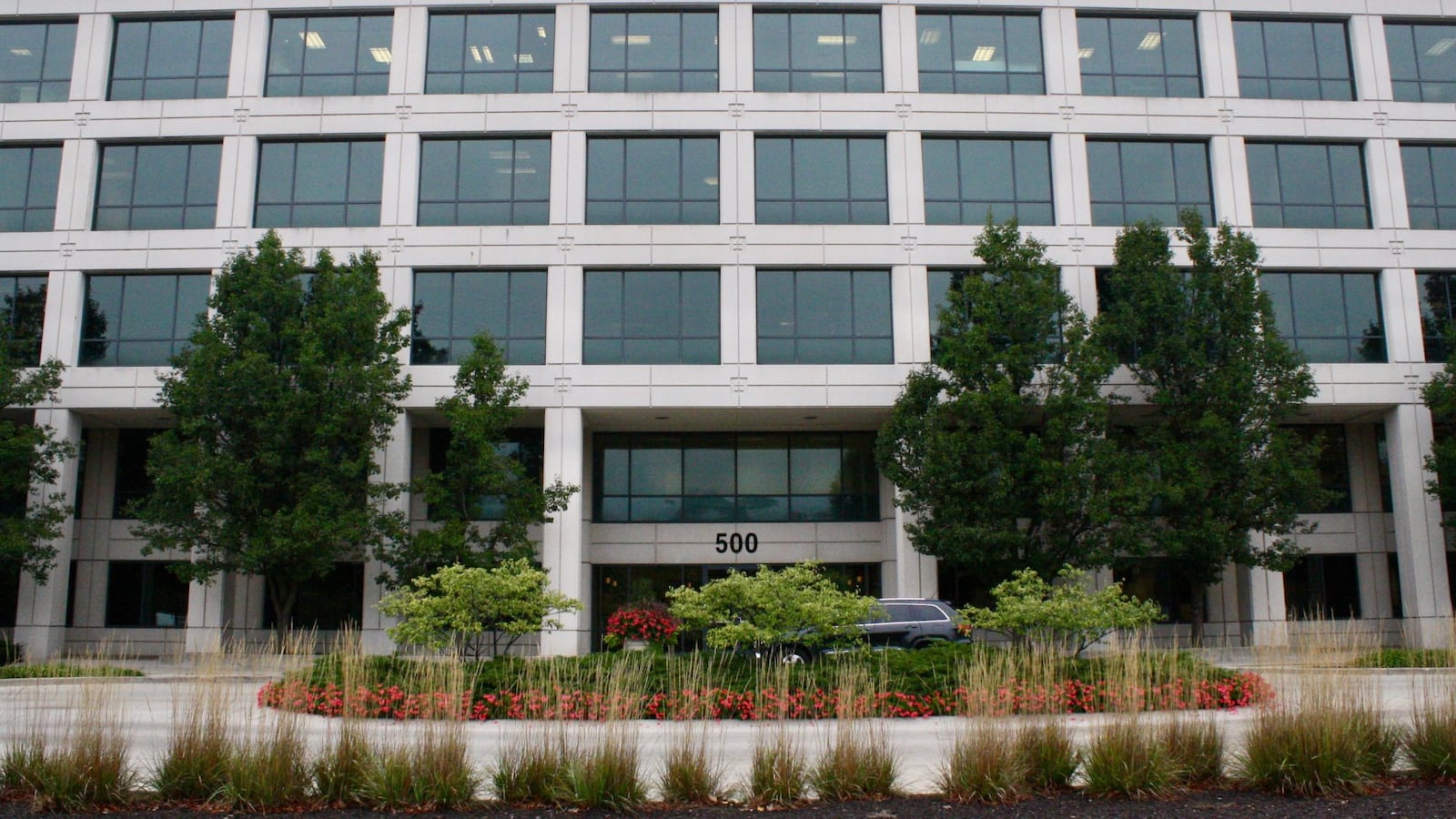With an end nearing for the beleaguered Indiana Virtual School, the deal looks attractive: Close shop, and save face.
The tentative agreement announced Monday would wind down operations first at Indiana Virtual School and then in a year at its sister school, Indiana Virtual Pathways Academy, ultimately shuttering two low-performing and poorly managed online schools widely seen as a blemish on both the charter and online sectors.
But the agreement could leave big questions unanswered about what happened at the schools.
“This is, in a sense, an agreement to bury this problem rather than to expose it to the light of day,” said state Rep. Ed DeLaney, D-Indianapolis. “I think we need an extraordinary audit here: What has gone on, who has made money here, and how much? I mean, this is shocking.”
It appears to be unlikely that the school’s authorizer will ask those questions publicly: The decision to strike the deal means that Indiana Virtual School officials won’t have to respond to accusations of mismanagement at their schools. But ahead of Wednesday night’s meeting to ratify the agreement, here are questions that still aren’t answered about what happened at Indiana Virtual School.
Why did the schools enroll so many ‘ghost’ students?
Four months ago, Daleville Community Schools, the charter’s oversight agency, alleged that the majority of students recorded as being enrolled last year at Indiana Virtual School and Indiana Virtual Pathways Academy never earned a single credit. Hundreds of these “ghost” students were not even signed up for any classes, Daleville officials said.
Indiana Virtual School officials disputed Daleville’s account as being “inaccurate” but never offered its own explanation of student activity. Now school officials may not have to explain.
What really happened with those students matters. If there weren’t really many inactive students, the picture of the school’s performance could change dramatically. But if Daleville’s data is right, that raises questions about whether Indiana Virtual School and Indiana Virtual Pathways Academy had inflated enrollment numbers and reaped more state funding as a result — something that one state education official has already concluded happened in what he called “outright fraud.”
Under the terms of the closure agreement, Indiana Virtual Pathways Academy has to purge inactive students this fall. How many students are removed from the rolls then could illuminate the extent of the “ghost” student situation.
Will the schools have to repay the state funds they received for those students?
The answer to what transpired could provoke another critical question: whether the schools should have received as much public funding as they did — and whether they might need to return money to the state if enrollment numbers were improperly recorded.
In 2018, the two schools received more than $36 million in state funding.
The Indiana attorney general’s office would not say whether the schools are under investigation.
Indiana Virtual School’s scandal is unfolding against the backdrop of severe mismanagement of some online charter schools in other states. In California, for example, officials for a virtual charter school network were recently indicted on criminal charges, accused of collecting state funding for students who didn’t receive services from the schools and pocketing the money by funneling it through their own businesses.
A 2017 Chalkbeat investigation revealed how Indiana Virtual School was spending millions on lucrative contracts with businesses that had ties to the school’s founder, Thomas Stoughton, and his son.
At the time, school officials told Chalkbeat that those contracts were winding down, and Stoughton distanced himself from the business and stepped down from the school’s board. But it’s unclear how the schools are spending public money now, because they’ve failed to file mandatory audits in recent years.
What will the state find in the schools’ overdue audits?
Those missing audits led the State Board of Accounts to take an unusual step to examine the virtual charter schools’ finances for 2017 and 2018.
The state’s review is not yet complete. Audits typically show a charter school’s revenues and expenses, highlighting debts, testing internal controls over finances, and checking for fraud or errors in accounting.
Should Daleville’s role be scrutinized?
Daleville has been widely criticized for its poor oversight of Indiana Virtual Schools and Indiana Virtual Pathways Academy. A new state law this year aims to prevent this situation in the future, barring districts like Daleville from overseeing large virtual charter schools.
But the small, rural district had an incentive to keep the troubled schools running: It received about $1 million last year in administrative fees from the two online schools.
In fact, Indiana Virtual School and Indiana Virtual Pathways Academy had been overpaying that fee, as the closure agreement revealed — by about $650,000 over several years. The two schools only raised the issue of overpayment when Daleville started the process to revoke their charters, an attorney for Daleville told Chalkbeat.
Why is one of the schools staying open so long?
Under the agreement, Indiana Virtual School would close in September, but students can transfer to Indiana Virtual Pathways Academy, which would stay open for another year.
Charter advocates tout authorizers’ ability to shut down a troubled school as a critical layer of accountability that other schools don’t have. But when schools are at risk of losing their charters, authorizers should step in early in the school year if possible so students have enough time to find new options.
In particularly egregious cases, charter oversight agencies will shut down schools as quickly as possible in the interest of protecting students and not allowing extreme mismanagement to continue.
Erica Irish contributed to this story.

